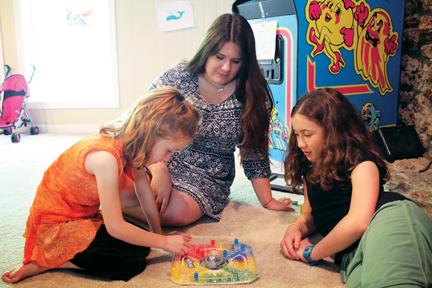Unlike many other high school students, junior Abigail “Abby” Fields does not usually go straight home after school. Instead, she heads over to the home of the family for whom she babysits three children for a few hours.
Fields said she has had this job for a while now and came into it through her father’s acquaintance.
“My dad knew the mother of the people I babysit for, and when I was younger, my sister babysat for them, and when she went to college I started babysitting,” she said.
 However, with the rise of websites such as urbansitter.com and sittercity.com, which provide users with detailed information about potential babysitters, and an increase in the number of licensed sitters, the job market in babysitting appears increasingly competitive. This trend is not limited to babysitting; the Bureau of Labor Statistics reported in February that although the unemployment rate in general is lower now than in recent years, the unemployment rate for teenagers has lagged behind and was three times the national rate in January at 20.7 percent. In light of the high unemployment rate among teenagers, competition for jobs among high school students is greater than ever with summer just around the corner, even in traditionally noncompetitive jobs like babysitting and lawn mowing.
However, with the rise of websites such as urbansitter.com and sittercity.com, which provide users with detailed information about potential babysitters, and an increase in the number of licensed sitters, the job market in babysitting appears increasingly competitive. This trend is not limited to babysitting; the Bureau of Labor Statistics reported in February that although the unemployment rate in general is lower now than in recent years, the unemployment rate for teenagers has lagged behind and was three times the national rate in January at 20.7 percent. In light of the high unemployment rate among teenagers, competition for jobs among high school students is greater than ever with summer just around the corner, even in traditionally noncompetitive jobs like babysitting and lawn mowing.
Due to increased competition, Fields said she is CPR-certified and working toward her babysitting license.
“If you babysit for long periods of time or over many days like me, sometimes the kids want to be able to go out of the house and do things, which a (babysitting) license can help with. CPR can help in the case of an emergency,” she said. “(These things) can help curb parents’ worries and make you more appealing and look more responsible than other possible babysitters.”
However, according to Fields, while qualifications such as CPR certification and a license are helpful in getting jobs, they are far from necessary.

“(Babysitters) need to be able to handle kids so they don’t get into trouble, and stern enough that the kids don’t rule over them. They need to be able to settle arguments and probably (know) how to make food. They generally have to have an ‘inner kid’ so that they can make games to keep the kid entertained, too. But there aren’t any real specific must-have qualifications,” she said.
Fields said in general, while unemployment among teenagers is high, she is confident that most high-school students are able to find babysitting jobs if they want them.
“(Competition) depends on the family,” Fields said. “In general, there are tons of kids all around, and odds are anyone can find a job somewhere. Some families have a bunch of kids on hand in case they need a last-minute sitter, so the more the kids or the parents like you, the more likely (it is that you will be) picked.”
Competition is more noticeable in retail jobs as well, according to junior Cassidy Davidson, who works two jobs: one at Dairy Queen and one at DSW. While she said her job at Dairy Queen does not require her to dress well, her other job does.
“At DSW, since it is a retail store, you have to dress appropriately and have a good fashion sense and have good communication skills because you are constantly dealing with customers,” she said. “Retail jobs usually have higher wages and most likely have store benefits and discounts that employees want to use. When you work in retail, you represent the face of the company, so the employers choose the people who look trustworthy, mature and friendly. It’s harder to get a job in the retail industry, but it has its perks.”
Economics teacher Dan Bates said competition in jobs among high school students reflects competition that exists in the job markets in which students participate upon entering the work force.
“(Competition) teaches (students) more about the marketplace, how you have to get into the market in some fashion, which often means you have to lower your prices,” he said. “That’s how capitalism works and market economies work.”
According to Bates, he generally does not recommend jobs for students despite the popular notion that high school jobs build responsibility from a young age.
“High school kids today are so much busier than their parents were 20, 30 years ago,” he said. “High school is a time to have fun.”
Despite the difficulty that comes with being hired for a job in the first place and with juggling a job with other aspects of life as a student, Davidson said she thinks working as a high schooler has given her valuable experience.
“For me, having jobs helps relieve my stress because it helps me forget about all the hectic things going on in my life and lets me focus on the task at hand,” she said. “Having a job now helps build responsibility, and when I join the more competitive work force in the future, my previous job experiences (will) display hard work and dedication.”
 Fields said she agrees with Davidson that her work as a teenager has given her skills she will need in future years of employment.
Fields said she agrees with Davidson that her work as a teenager has given her skills she will need in future years of employment.
“It has to make me more responsible going home every day and takes up hours of work time after school each week,” she said.
Because of this, according to Fields, employment during high school is a good idea for students who are willing to meet its challenges, including that of competition that has increased recently and shows no signs of slowing down.
“(Students) should know that it may take time and more than one job application, and sometimes you may have to deal with bad bosses or losing a job to a more qualified person,” she said.















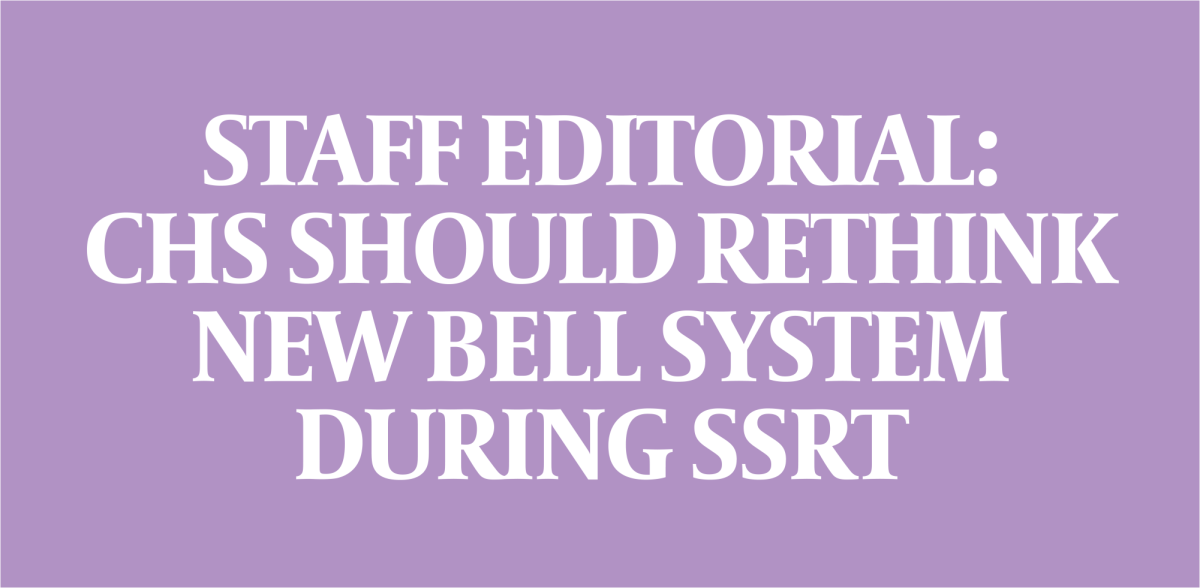
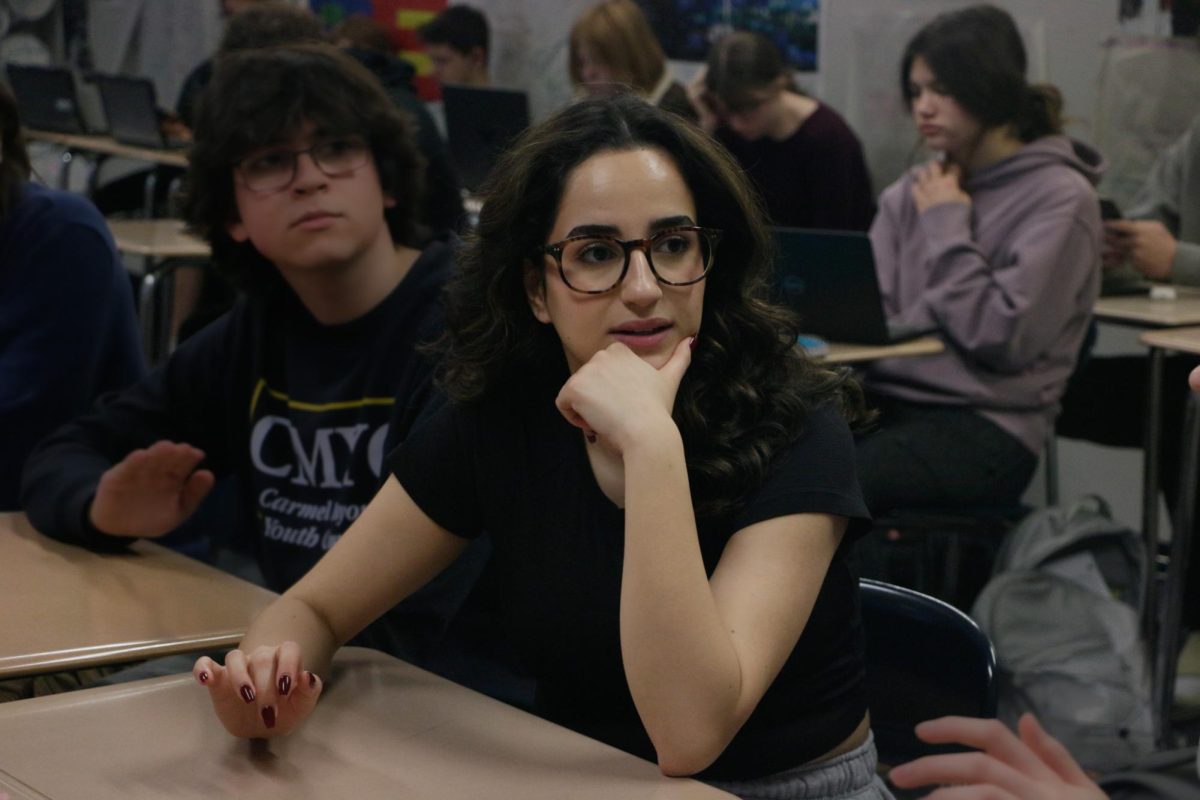

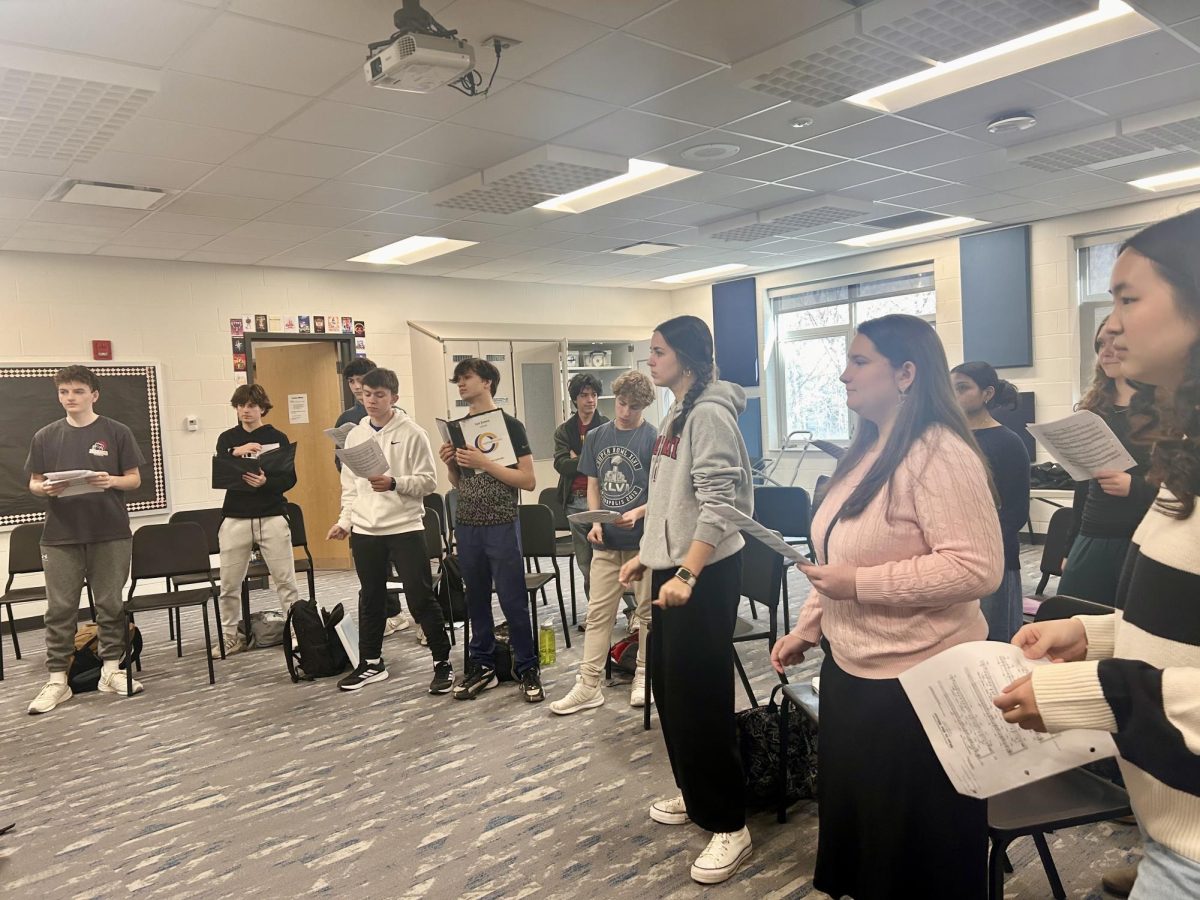

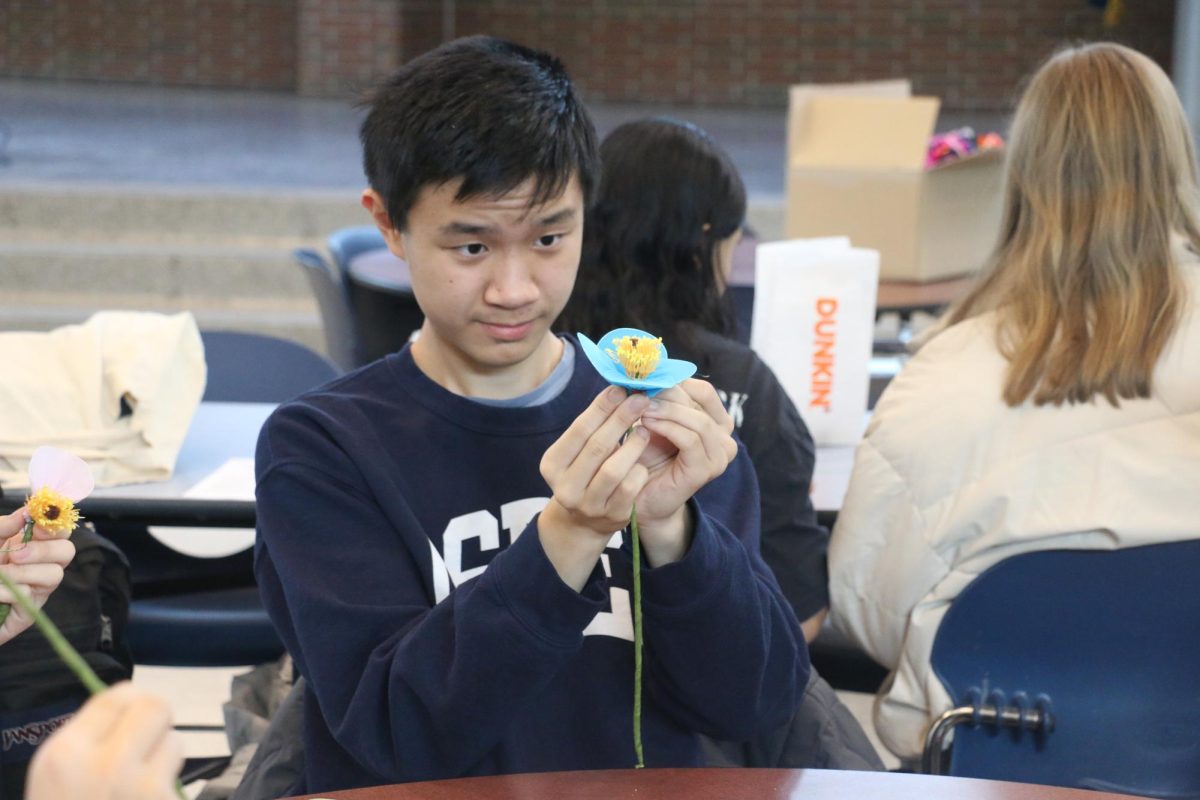




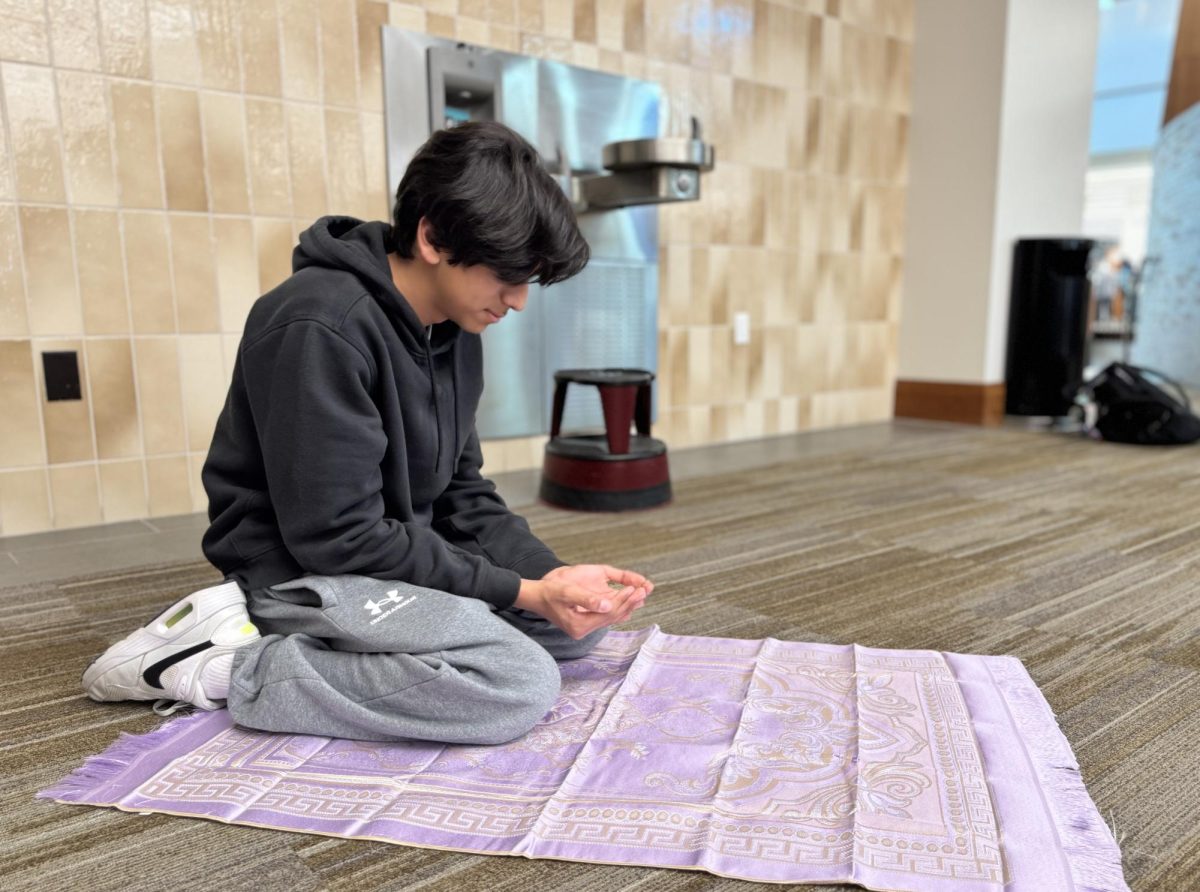





![AI in films like "The Brutalist" is convenient, but shouldn’t take priority [opinion]](https://hilite.org/wp-content/uploads/2025/02/catherine-cover-1200x471.jpg)


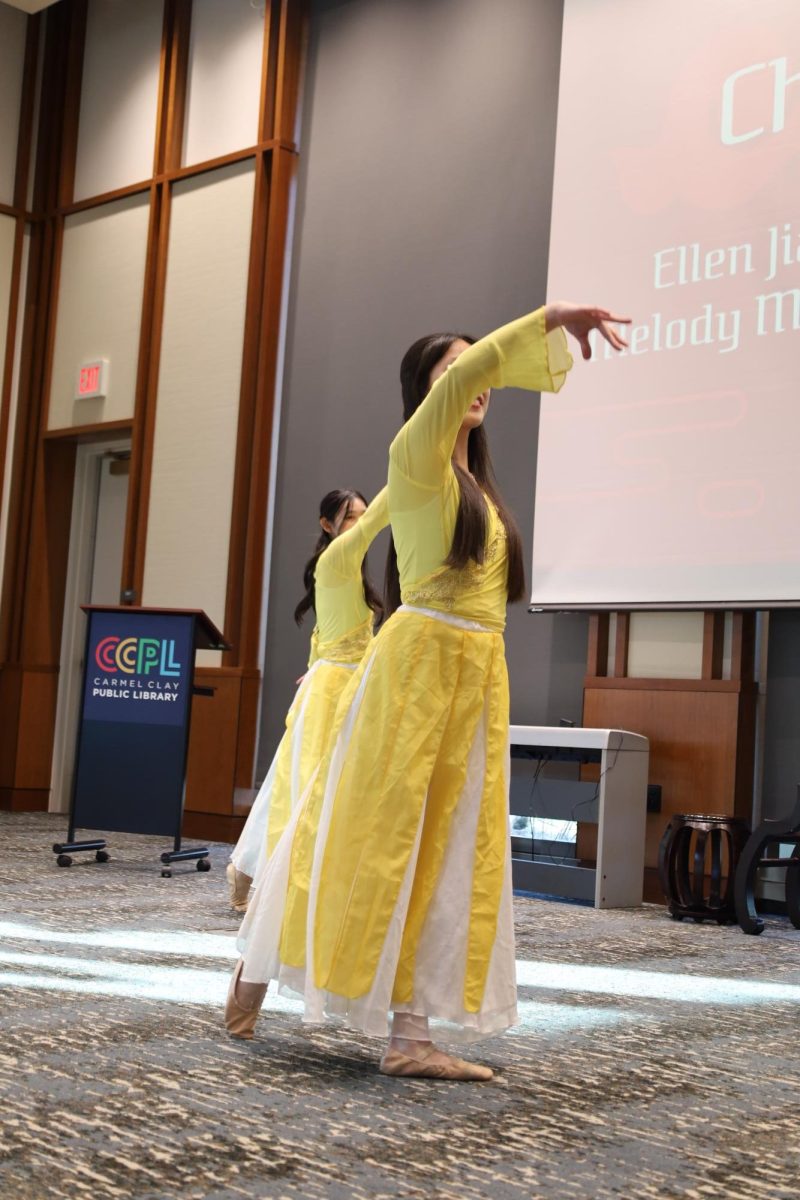










































![Review: “The Immortal Soul Salvage Yard:” A criminally underrated poetry collection [MUSE]](https://hilite.org/wp-content/uploads/2025/03/71cju6TvqmL._AC_UF10001000_QL80_.jpg)
![Review: "Dog Man" is Unapologetically Chaotic [MUSE]](https://hilite.org/wp-content/uploads/2025/03/dogman-1200x700.jpg)
![Review: "Ne Zha 2": The WeChat family reunion I didn’t know I needed [MUSE]](https://hilite.org/wp-content/uploads/2025/03/unnamed-4.png)
![Review in Print: Maripaz Villar brings a delightfully unique style to the world of WEBTOON [MUSE]](https://hilite.org/wp-content/uploads/2023/12/maripazcover-1200x960.jpg)
![Review: “The Sword of Kaigen” is a masterpiece [MUSE]](https://hilite.org/wp-content/uploads/2023/11/Screenshot-2023-11-26-201051.png)
![Review: Gateron Oil Kings, great linear switches, okay price [MUSE]](https://hilite.org/wp-content/uploads/2023/11/Screenshot-2023-11-26-200553.png)
![Review: “A Haunting in Venice” is a significant improvement from other Agatha Christie adaptations [MUSE]](https://hilite.org/wp-content/uploads/2023/11/e7ee2938a6d422669771bce6d8088521.jpg)
![Review: A Thanksgiving story from elementary school, still just as interesting [MUSE]](https://hilite.org/wp-content/uploads/2023/11/Screenshot-2023-11-26-195514-987x1200.png)
![Review: "When I Fly Towards You", cute, uplifting youth drama [MUSE]](https://hilite.org/wp-content/uploads/2023/09/When-I-Fly-Towards-You-Chinese-drama.png)
![Postcards from Muse: Hawaii Travel Diary [MUSE]](https://hilite.org/wp-content/uploads/2023/09/My-project-1-1200x1200.jpg)
![Review: "Ladybug & Cat Noir: The Movie," departure from original show [MUSE]](https://hilite.org/wp-content/uploads/2023/09/Ladybug__Cat_Noir_-_The_Movie_poster.jpg)
![Review in Print: "Hidden Love" is the cute, uplifting drama everyone needs [MUSE]](https://hilite.org/wp-content/uploads/2023/09/hiddenlovecover-e1693597208225-1030x1200.png)
![Review in Print: "Heartstopper" is the heartwarming queer romance we all need [MUSE]](https://hilite.org/wp-content/uploads/2023/08/museheartstoppercover-1200x654.png)


